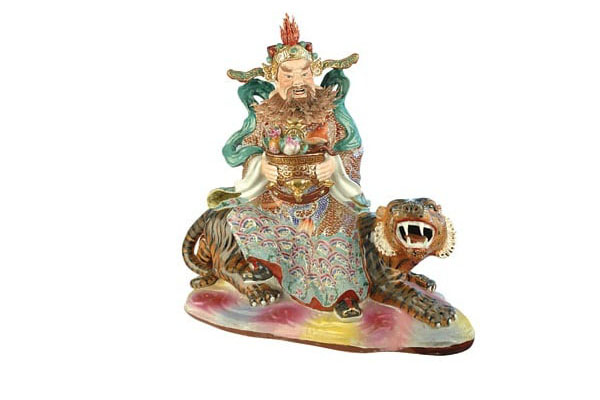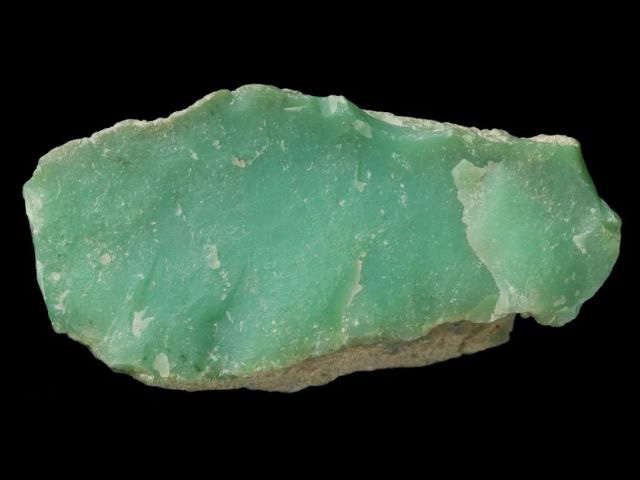In Chinese traditional culture, the Gods of Wealth hold great significance as revered deities. For many businessmen, it is customary to seek blessings from these deities before embarking on new ventures, hoping to attract abundant fortune and success. However, different Gods of Wealth represent distinct forms of wealth and prosperity. Let’s explore several of these gods’ characteristics and their ideal contexts to help you choose the most suitable deity for your business endeavors.
Choosing the Most Auspicious God of Wealth
Good fortune is paramount for business people, and they often choose to venerate the God of Wealth to safeguard their financial endeavors. Typically, the God of War Wealth (Wu Cai Shen) is the preferred choice for those engaged in business. This is because Wu Cai Shen is believed to bring wealth and good luck, especially in ventures with irregular income streams. Entrepreneurs, business owners, and those seeking guidance in their financial pursuits often pay homage to this god.
Placing the God of Wealth
Position the statue of the God of Wealth in an area where positive energy converges, preferably in alignment with the host’s Ba Zi (Chinese zodiac), to find the most auspicious direction.
It is advisable not to enshrine the Gods of Literature and Wealth (wen cai shen) and the God of War Wealth together. The God of Literature and Wealth can be placed in the study, while the God of War Wealth can be placed in the living room or study. Alternatively, choose a clean and quiet spot based on your home’s specific layout to enshrine the deity.
The God of Literature and Wealth should be placed indoors, facing away from the front door. This position is believed to attract and retain wealth. On the other hand, the God of War Wealth should be placed facing the main entrance as he serves as a guardian against negative energy and ill-intentioned individuals. The mighty Guan Gong’s presence can ward off bad luck and ensure financial stability for the household.
Avoid placing the deity near the restroom or directly facing the kitchen.
The God of Wealth should not be placed on top of the TV, refrigerator, or directly under an air conditioner. If the area near the TV is cluttered, consider constructing a wooden cabinet to house the deity. When offering incense, remember to turn off the TV. However, do not cover the God of Wealth’s statue with a glass case.
The God of Wealth should not be placed in the bedroom of a married couple (unless they are elderly) or directly facing the foot of the bed in a single person’s bedroom.
The statue of the God of Wealth should not be hung in mid-air; it is best to place it in a shrine with an incense table connected to the ground. Avoid placing the statue on a protruding balcony without a solid foundation. If the indoor balcony has a proper foundation, it is suitable for enshrining the deity.
Respectful Worship of the God of Wealth
Whether you venerate the God of Wealth at home or in your store, there are certain etiquettes to observe. The most crucial aspect is to maintain continuity in your worship. Once you have enshrined the God of Wealth, paying regular respects and offerings is essential. Neglecting the deity would be considered disrespectful, and the auspicious effects might diminish as a result.
Conclusion:
In Chinese culture, the Gods of Wealth are deeply revered and sought after for their ability to bestow prosperity upon businesses and individuals. Selecting the most appropriate deity, based on one’s circumstances and goals, is crucial to ensure a harmonious and prosperous journey. By adhering to the proper practices and respecting the deity’s presence, businesspeople can invoke the blessings of the Gods of Wealth to attract success and good fortune in their ventures.



